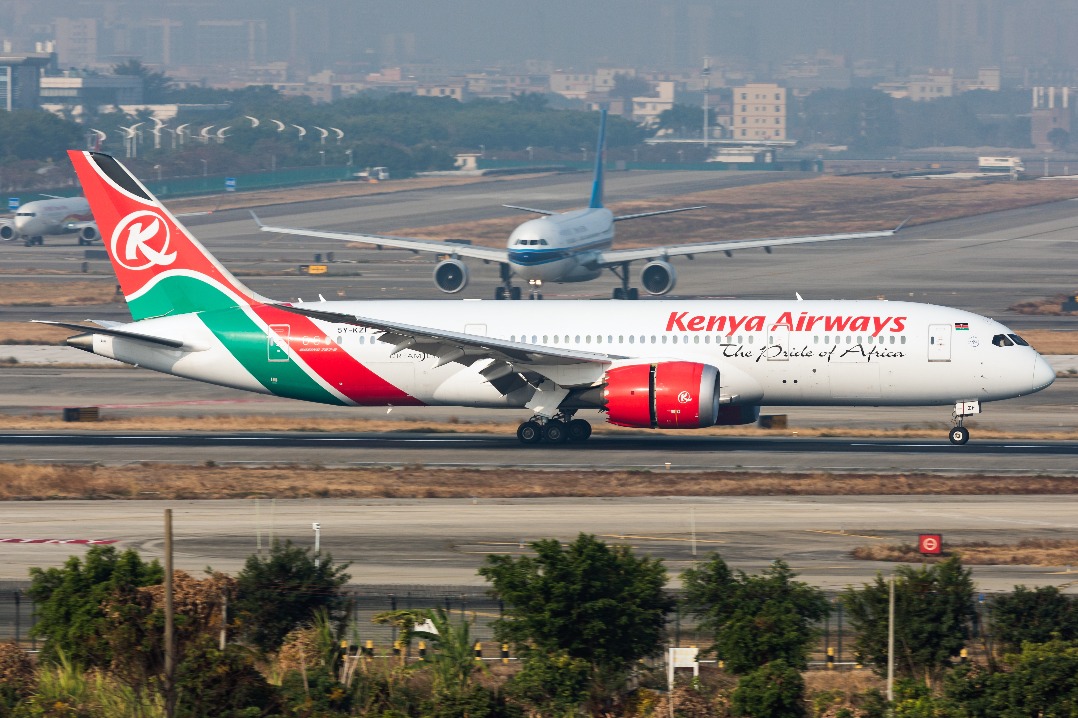The Inconvenient Truth: When the purse strings are pulled from afar - Graphic Online
With the stroke of a pen, they can reshape lives. Or so it seems.
The public often imagines them as custodians of overflowing vaults.
But the inconvenient truth is this: behind the title lies a desk cluttered with debt statements, donor letters, and unrealistic demands.
They are judged by headlines, not headwinds.
Yet behind every postponed project and unfunded hospital lies a simple equation: not enough in the coffers.
While citizens protest, few ask where the money must come from in economies where tax compliance is low and debt repayment is constant.
Finance ministers bear the burden of hope in economies constrained by history, short-term politics, and structural limitations.
They inherit budgets shaped by colonial legacies, manage institutions designed for external approval, and wrestle with choices no spreadsheet can fully justify.
This is not a plea for pity.
It is a call for perspective.
When the crown outweighs the coffers, even the most capable cannot stand tall for long.
The title “Minister of Finance” evokes a sense of power.
But beneath the prestige lies paralysis. Most African finance ministers inherit fiscal plans they did not write, must repay debts they did not incur, and juggle competing demands under outdated policy frameworks.
In Zambia, over 40 per cent of national revenue is spent on debt servicing.
In Ghana, nearly 70 per cent of state revenue goes to salaries, interest payments, and mandatory transfers, leaving a sliver for actual development.
Ministers are often left with just 10–15 per cent of the budget for discretionary spending.
They sign cheques but cannot choose what to fund. Their job is more symbolic than strategic, tasked with fixing the roof during a storm without a ladder.
Finance ministers are also servants of the electoral cycle.
Every election season brings new pressures: quick projects, populist handouts, and cosmetic reforms.
The temptation to trade tomorrow for today becomes irresistible.
In Nigeria, election years often trigger increases in subsidies and bloated payrolls, all of which are reversed post-election through painful austerity measures.
In Kenya, public spending spikes ahead of elections, often disconnected from economic logic.
This is not policy.
It is performance.
Campaign posters replace capital investments.
Four-year cycles cripple twenty-year visions. Long-term plans are postponed for short-term applause.
And national development becomes a series of incomplete headlines.
Public budgets in Africa often look robust on paper. But beneath the surface lies a rigid skeleton of pre-committed obligations.
Ministers are blamed for everything, from potholes to fuel shortages, yet inflexible expenditure patterns tie their hands.
In South Africa, 65% of the budget is locked into wages and grants.
In Ghana, only 10% of the national budget is free for new projects.
The public expects miracles, but ministers are working with crumbs.
Reallocations are often driven by politics, rather than strategy.
Technocrats are forced to cut essentials while sparing populist symbols.
Budgeting becomes not planning, but placating.
Finance ministers across Africa often carry briefcases, but it is donor institutions that hold the purse strings.
The illusion of sovereignty dissolves at the negotiation table.
When the IMF visits, austerity follows.
When the World Bank signs, conditions trail close behind.
According to the World Bank’s International Debt Report 2023, sub-Saharan Africa’s external debt reached approximately $789 billion in 2022.
Countries like Kenya now spend over 40 per cent of government revenue on debt servicing.
In Mozambique and Zambia, prolonged debt crises have stripped ministers of fiscal discretion.
Budgets are increasingly tailored for Washington benchmarks, not Lusaka or Maputo dreams.
These partnerships are dressed in euphemisms like “fiscal consolidation.” But to citizens, they translate into frozen salaries, cancelled subsidies, and postponed development.
The tragedy is not the borrowing. It is the dependence. Sovereignty becomes ceremonial echoed in speeches but erased in signatures.
Data deficits
Planning without data is like sailing without stars. Yet, in Africa, fiscal plans are often built on incomplete data, outdated statistics, and flawed assumptions.
According to the IMF, the World Bank, and other leading global experts, approximately 23 African countries are able to produce consistent national accounts.
In Nigeria, ₦50 billion in duplicate projects was discovered in the 2022 budget.
Revenue from informal markets is underreported. Population data is unreliable.
Phantom schools exist only on paper. Without accurate data, even the best intentions dissolve into dysfunction.
Strategy becomes guesswork.
Accountability disappears.
And ministers are left defending budgets that exist only in theory.
Africa’s fiscal paradox is cruel. Everyone demands government services, but few pay for them.
The OECD reports that Africa’s average tax-to-GDP ratio is just 16.6%, compared to over 34% in wealthier economies.
In Ghana, attempts to broaden the tax base through digital levies triggered street protests.
In Nigeria, subsidy removal sparked unrest.
Governments fear losing popularity more than they fear losing fiscal ground.
Finance ministers face a political trap. Raise revenue and risk backlash.
Or borrow more and risk insolvency. In this equation, no outcome is painless.
African finance ministers experience burnout at an accelerated rate.
The demands of the role diminish their resilience more quickly than they enhance budgets.
They enjoy praise in corporate meetings but are mocked in the media.
They face blame for inflation, unemployment, and exchange rates that are beyond their control.
In Zimbabwe, ministers often fail to complete their terms.
In South Africa, resignation letters come in quicker than actual reforms.
In Nigeria, every new minister inherits a system that shuns accountability.
It's a role filled with lofty expectations, limited rewards, and scarce appreciation.
Their smiles may be practised, but their stress lines are genuine.
In their quest to “trim fat,” numerous ministers unintentionally eliminate essential services.
Austerity measures frequently focus on the most apparent areas: education, healthcare, and youth programs, while leaving untouched the privileged: political perks, ghost workers, and subsidies for the elite.
For instance, in Malawi, teacher recruitment was halted even as convoy budgets expanded.
Similarly, in Uganda, salary freezes negatively impacted the civil service while funds for ceremonies stayed the same.
What is labelled as “waste reduction” often translates to “capacity reduction.”
As a result, public trust diminishes, productivity declines, and poverty worsens.
Citizens expect modern services, such as roads, hospitals, electricity, and employment opportunities.
However, when tax morale is low, fiscal space is limited, and debt is high, these expectations become burdensome.
Not even the sharpest finance minister can conjure roads from rhetoric.
In this harsh equation, credibility is compromised. Promises resonate louder than performance.
Budgets are presented with flourish but executed with footnotes.
And so the distance grows. Between what citizens hope for and what ministers can offer.
Between what ministers know and what they are allowed to admit.
Rebalancing
The inconvenient truth is this: Africa does not lack thinkers. It lacks continuity.
It does not lack budgets. It lacks discretion.
Finance ministers, however, do not lack ideas.
They lack room to act. Let this serve as a call for perspective.
Citizens must understand fiscal realities.
Leaders must protect technocrats. Parliamentarians must legislate long-term deve
The solution lies in reform, resilience, and regional collaboration. Institutions like Afreximbank and PAPSS demonstrate that Pan-African financial systems can function effectively when insulated from politics.
Finance ministers can’t build in isolation. However, with strong institutional support and a clear understanding from the public, they have the potential to lay solid foundations. After all, the crown should never be heavier than the coffers!
The writer is Chartered Director (UK), Governance Strategist, Chartered Engineer (UK), Industrialisation Advocate










